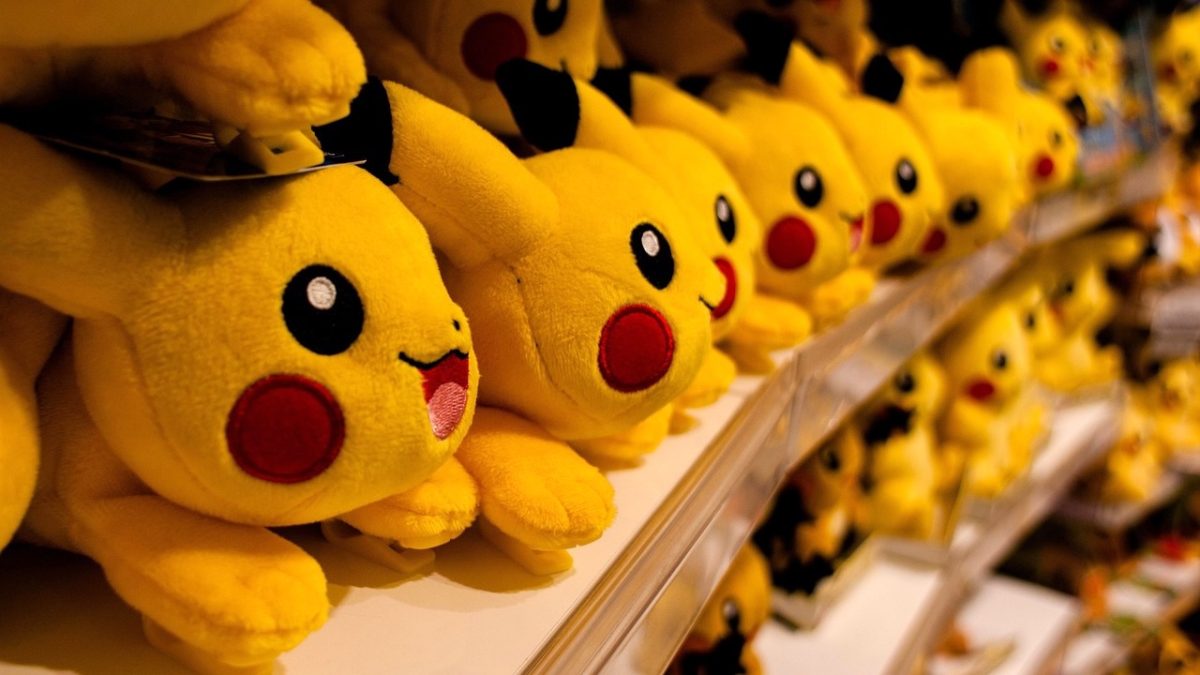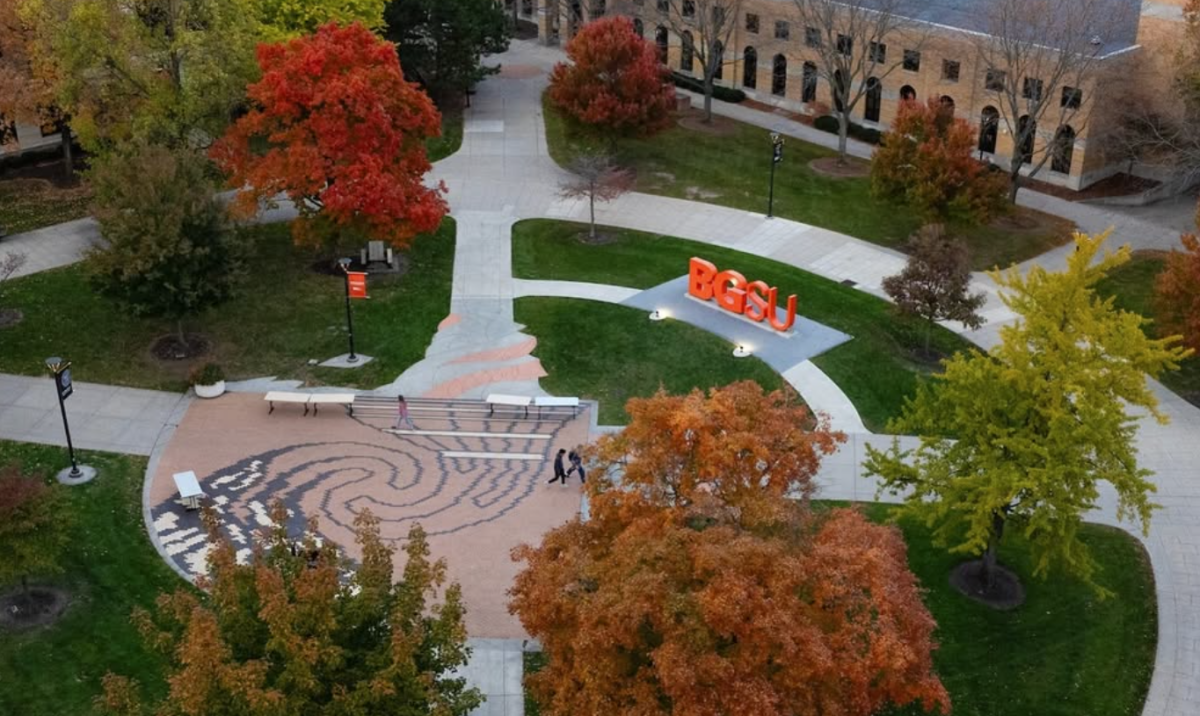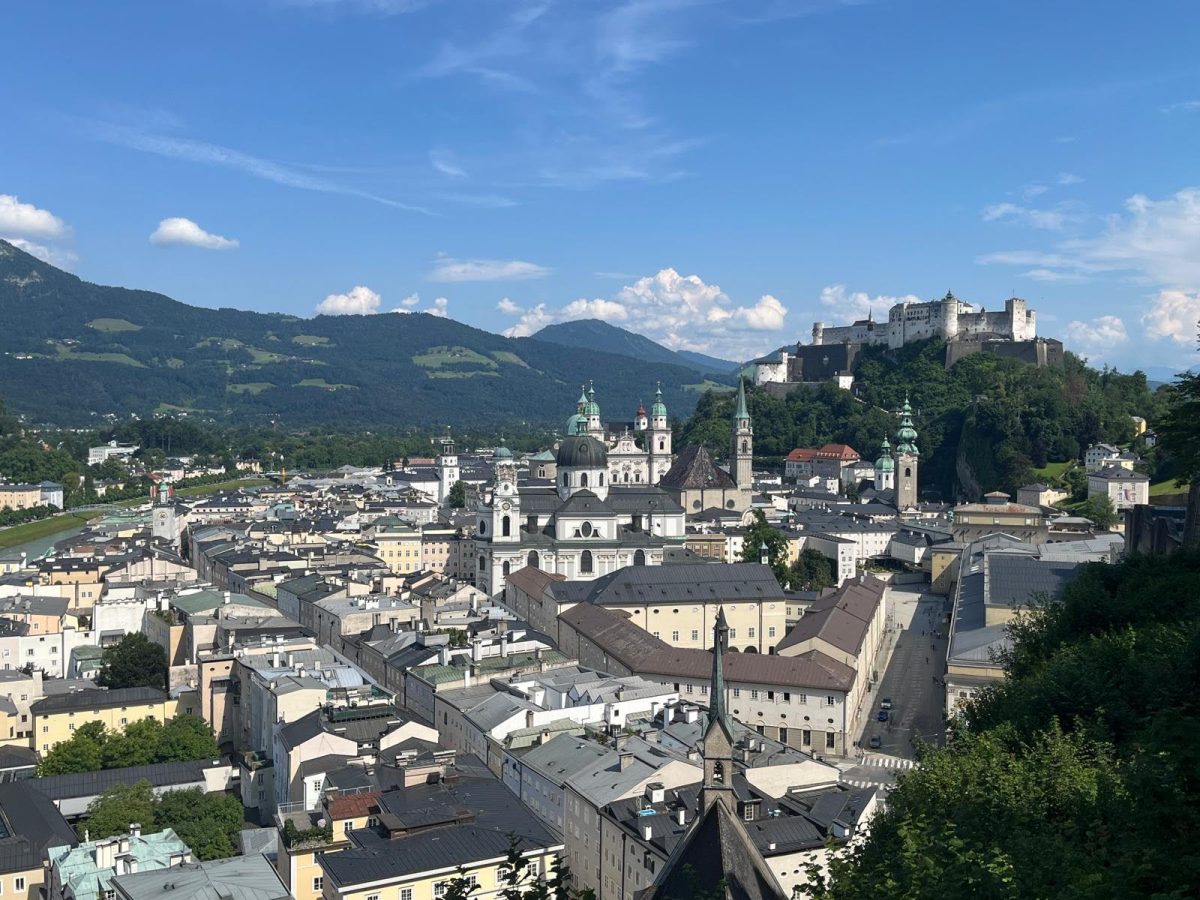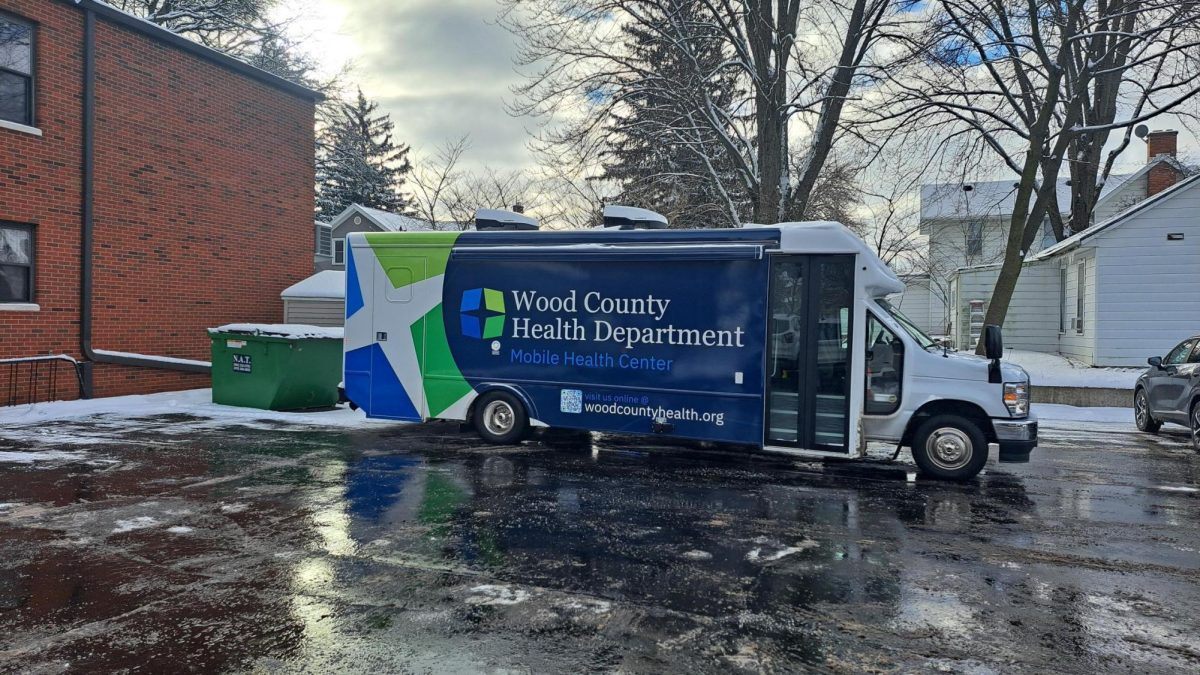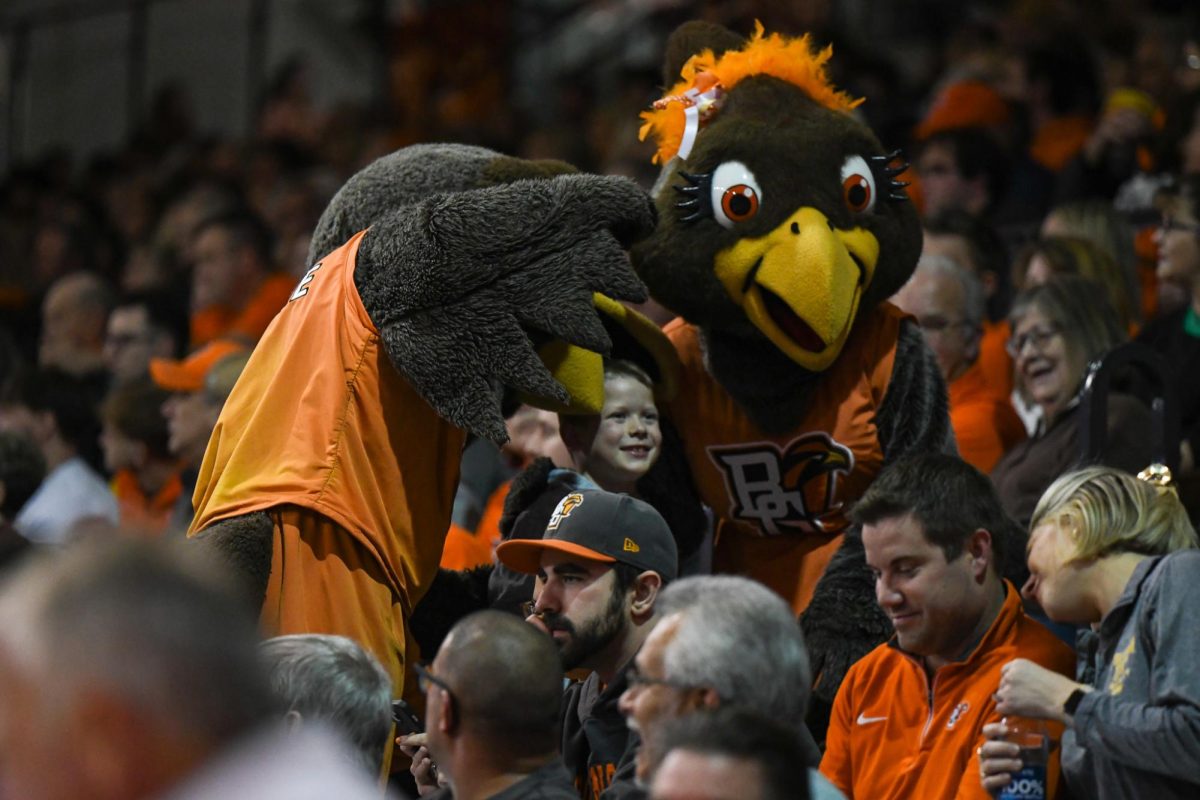Members of the LGBT community and outsiders sat in the sexual identity support group known as Intersections to speak about Not In Our Town.
“It’s a way to mobilize and organize people around things like homophobia, racism, etc.,” said Tobias Spears, assistant director in the Office of Multicultural Affairs. “Not In Our Town represents a political statement that gets transformed into action.”
The campaign is to promote diversity, inclusiveness and to keep hate towards other diversity groups out of the University and the city of Bowling Green.
Spears said the campaign itself is not only about hosting events, but they also have programs like IStand, a joint venture between the Office of Multicultural Affairs and the Center For Leadership. IStand gives students practical tools to help them be better advocates to underrepresented groups. Other programs, such as Intersections and Safe Zone, are available to students from Multicultural Affairs, which are complimentary to NIOT.
“I think that what [Not In Our Town] has provided is a language or mechanism to talk about things people wouldn’t normally talk about,” Spears said. “Before people sign the pledge, they might not talk about homophobia or transphobia, they might just say ‘I don’t support intolerance’ and NIOT gives people a platform to speak about these things.”
Graduate Coordinator for Diversity Education and LGBT programs, Chris Klein, said seeing the banners throughout campus from people who have signed them is a reminder that there are several thousand people who are supportive towards the LGBT community.
“That’s kind of the beauty of it,” Klein said. “It’s not a formal one shot program where this is the only method for implementing it. You do have the whole city where different people are coming out of different knowledge basis and different ways of approaching it and who are supporting it.”
Other LGBT members like how the campaign tries to incorporate actual members’ voices in how they feel about hatred.
President of Vision, Luke Grabski, became involved with the NIOT campaign this past year by hosting a presentation about standing up against discrimination. The campaign and presentation had a positive affect because the information was coming from people who have actually been through discrimination, giving the audience a completely different level and he has seen more straight allies attending Vision, he said.
“It has really helped bridge gaps for people and created a language to have these conversations,” Grabski said. “You give people a chance to become educated about it.”
Spears said the campaign has opened people up to speak about things, like homophobia, who may not have really known in depth what the term actually means.
“It allows for deeper conversation around some of the hateful things,” Spears said.




